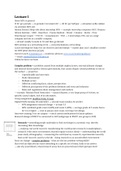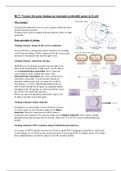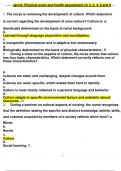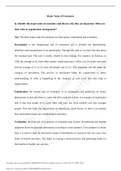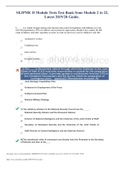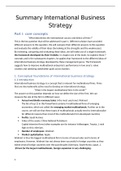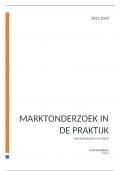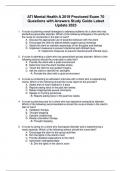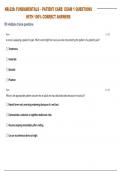Samenvatting
Summary lectures exam 1 Research Methods for Analyzing Complex Problems (AM_1182)
- Instelling
- Vrije Universiteit Amsterdam (VU)
This is a summary of all the lectures that were given for the first exam of RMCP based on the books "Doing research in the real world" from Gray and "Designing a research project" from Verschuren & Doorewaard.
[Meer zien]
